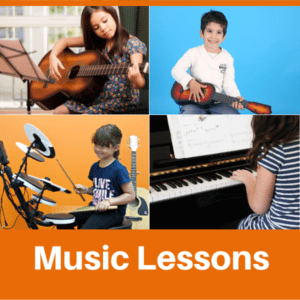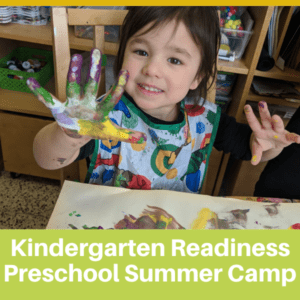
With a pandemic still very much a part of our current reality, many teachers, parents and caregivers are struggling to make sure that children experience enrichment beyond the scope of online learning. A new study from the University of Illinois suggests that daily outdoor lessons in green spaces has the potential to boost focus, confidence and self-regulation in young children, thereby setting them up for greater academic and social-emotional success.
“Self-regulation is a foundational element for learning in school. If a child has good self-regulation, they’re able to regulate their emotions, physical movements, and attention which in turn helps them to stay on task, inhibit impulses, and learn without disrupting peers,” says Andrea Faber Taylor, teaching assistant professor in the Department of Crop Science at Illinois and co-author of the Journal of Environmental Psychology study. Taylor’s research shows that students who receive daily lessons outdoors in green spaces had greater self-regulation than those who had infrequent learning experiences outside the classroom. Ultimately, Taylor believes that time in “green classrooms” benefits students by providing respite from the fatigue of constantly working to pay attention in the traditional school environment.
“As adults, we don’t see [elementary school] as work. But these kids are constantly negotiating peer relationships, figuring out whose space they’re in and how close is too close, how much touching is too much, all those things. Not to mention staying on task, attending to the rules of the classroom, the physical space, the teacher’s instructions, and so forth,” Taylor says. She believes that moving into green spaces will provide them the opportunity to rest and recover because it’s less draining that being surrounded by the four walls in a classroom. These ideas come from a larger body of research showing that humans, including adults, rest and recover faster in green spaces than we do in urban spaces. Only now, we are applying it to “green classrooms”. Green spaces most likely matter because the more often children go outside, the less “attentional fatigue” has a chance to build up between outings. It may also be that these students develop a greater comfort level with being in and navigating natural elements. In other words, nature is no longer a novel thing, but children can let their guard down and relax in the outdoor spaces.
Given the vast amount of research on the topic, it stands to reason that schools should invest in “green classrooms” and outdoor curricula, particularly for elementary school children during critical periods of self-regulation development. In addition, because these face-to-face meetings are outside, it allows for more distance between peers, so everyone is able to learn in a safe environment. With these points in mind, it is important to consider that these strategies for academic success do not solely need to be implemented in the classroom, especially now.
Parents could also be doing outdoor activities with their children at home. Want to go a nature walk? Do it! How about listing adjectives that describe a tree in your neighborhood? Now would be a great time to write that poem about a butterfly.
The possibilities are endless.
For more educational posts visit our Educational Posts Page
To keep up with new blog posts you can follow us on Facebook or Instagram
Or, sign up for our newsletter below for school updates.
Oak Outside
Outdoor education programming from Oak Learners.
Get updates on new classes, hosted events, and more.











